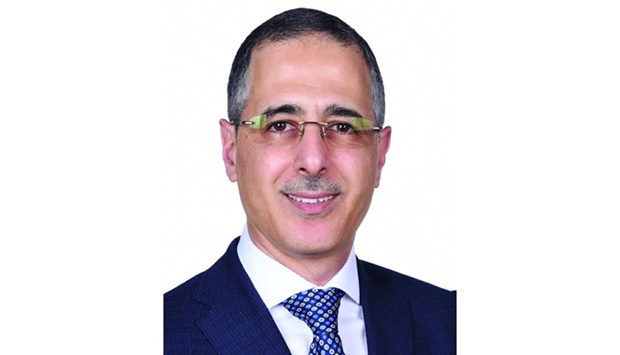The need to develop and attract local talent pools is highlighted in the identification of two of nine strategic enablers in the Qatar Manufacturing Strategy focusing around developing Qatar’s local and international talent pools.
Dr Bashar Eljawhari, Consumer and Industrial Products and Services partner at PwC Middle East said: “The manufacturing sector in Qatar is a priority sector under the National Vision 2030 programme and a key contributor to the government's economic diversification agenda. However, growth of the sector is dependent on the availability of appropriate skills and competencies. In our report we highlight five interventions that should be prioritised to bridge the talent demand and supply gap in the manufacturing sector.”
Qatar’s current skills gap can be attributed to several factors, the new report says.
As Qatar continues its path of diversification and strives to achieve its National Vision 2030 objectives, closing the skills gap should be a key priority for the growth of the manufacturing sector.
PwC’s analysis shows that if the talent demand in the Qatar pharmaceutical manufacturing sub-sector alone is met, the sector is likely to contribute an additional QR4.7bn to the GDP in 2030.
Randa Bahsoun, New World New Skills Leader at PwC Middle East, said: “While there may be an adequate supply of highly skilled individuals willing to work, skills gaps still arise, specifically when the skills of the available workforce do not match those needed for the roles that need to be filled.
“To attract, develop and retain appropriate skills and competencies vital to the growth of the manufacturing sector, key stakeholders need to work collaboratively to implement recommended initiatives.”
Dr Bashar Eljawhari, Consumer and Industrial Products and Services partner at PwC Middle East said: “The manufacturing sector in Qatar is a priority sector under the National Vision 2030 programme and a key contributor to the government's economic diversification agenda. However, growth of the sector is dependent on the availability of appropriate skills and competencies. In our report we highlight five interventions that should be prioritised to bridge the talent demand and supply gap in the manufacturing sector.”
Qatar’s current skills gap can be attributed to several factors, the new report says.
As Qatar continues its path of diversification and strives to achieve its National Vision 2030 objectives, closing the skills gap should be a key priority for the growth of the manufacturing sector.
PwC’s analysis shows that if the talent demand in the Qatar pharmaceutical manufacturing sub-sector alone is met, the sector is likely to contribute an additional QR4.7bn to the GDP in 2030.
Randa Bahsoun, New World New Skills Leader at PwC Middle East, said: “While there may be an adequate supply of highly skilled individuals willing to work, skills gaps still arise, specifically when the skills of the available workforce do not match those needed for the roles that need to be filled.
“To attract, develop and retain appropriate skills and competencies vital to the growth of the manufacturing sector, key stakeholders need to work collaboratively to implement recommended initiatives.”

